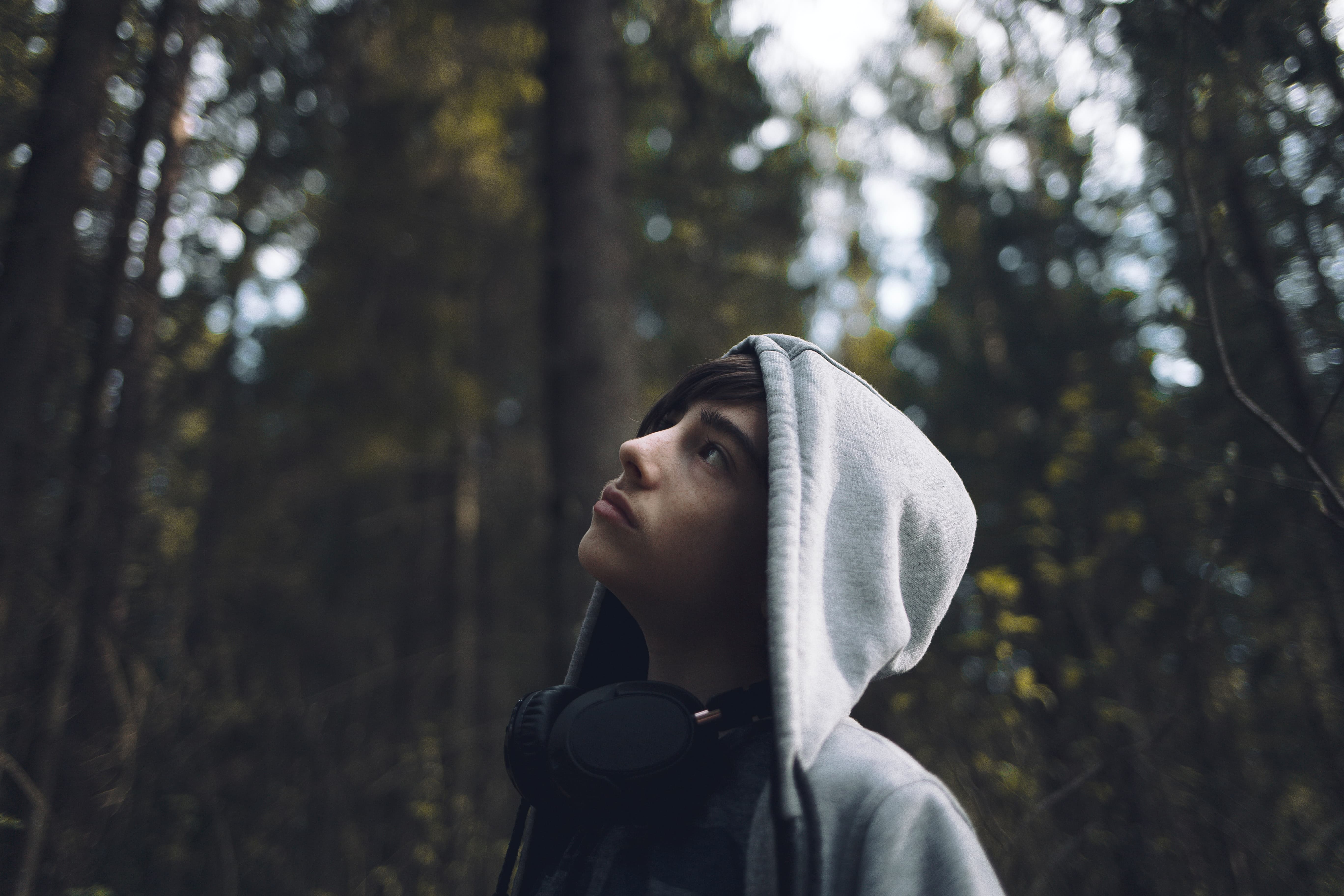
“While everyone else / was living their life in color / depression froze me in place.” -Rupi Kaur, Home Body
As Rupi Kaur explains in her poem, depression can feel like a sense of loss and emptiness. This article will help you understand your teen and their experience with depression and covers some of the signs of depression. It will also cover behavioral modification therapy techniques that you can try with your teen. Before we go over depression and what it can look like, please remember that depression in your troubled teen can lead to great suffering, self-harm, and even suicide if it’s left untreated. Additionally, we can’t only treat depression with adjustments. Instead, it requires the help of clinically-licensed mental health practitioners. At Liahona Treatment Center, a therapeutic boarding school for troubled boys, we can help you and your troubled teen with depression. Reach out to us today for more information.Major Depressive Disorder in Teens
Major depressive disorder (MDSE), or what’s commonly referred to as depression, is a clinically-diagnosable mental illness classified as a mood disorder. While most people experience sadness, grief, and emptiness, not everyone will experience depression. According to the DSM-5, a manual used by mental health practitioners to diagnose individuals, depression is more common in young adults ages 18-29 and young women.Symptoms of Depression
To be diagnosed with depression, a troubled teen will need to experience at least four of the following symptoms over two weeks. Excluding suicidal thoughts and changes in weight, your teen will need to have experienced these signs daily during these two weeks. Common symptoms of MDSE include:- Feelings of guilt and lack of worth. While everyone has these thoughts, a teen with depression’s feelings of worthlessness and guilt do not fit the situation and aren’t typical.
- Feeling tired daily. Your teen might struggle with basic tasks like brushing their teeth, taking out the trash, or even bathing.
- Frequent thoughts of suicide. Your teen might see suicide as a way of escaping uncomfortable feelings.
- Feeling slow or restless. Your teen might constantly be fidgety and unable to focus.
- Feeling depressed almost every day. You might hear your teen make comments like, “Life sucks” or “I feel empty inside.”
- Showing very little interest in any activities that they used to enjoy. For example, you might notice that your teen goes from being on a sports team to talking to you about why they can’t or don’t want to go anymore.
- Weight gain or weight loss. Your teen might eat more or less depending on how they’re feeling.
- Difficulties sleeping. Because depression is a mood disorder, it can affect your teen’s sleep cycle.


Leave a Reply